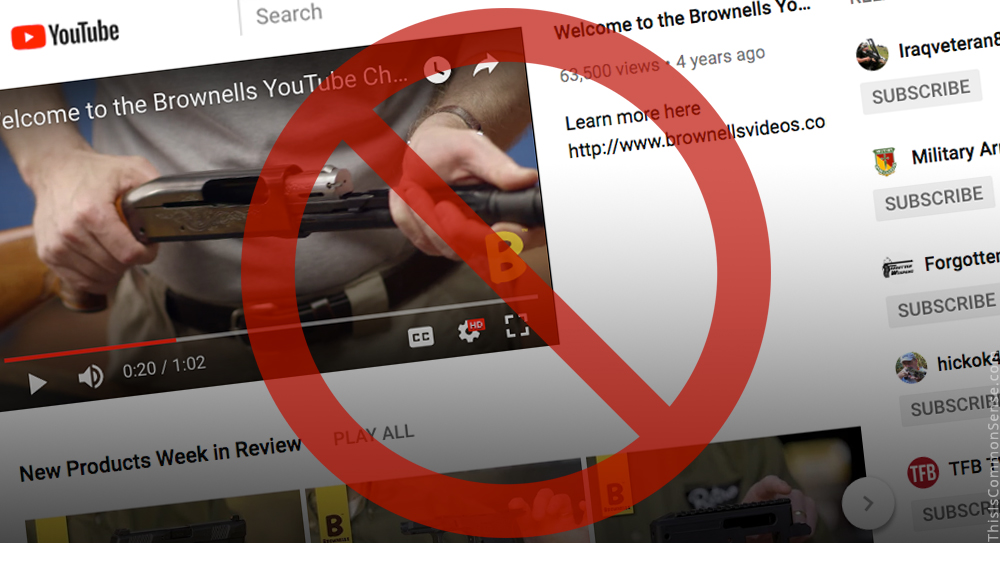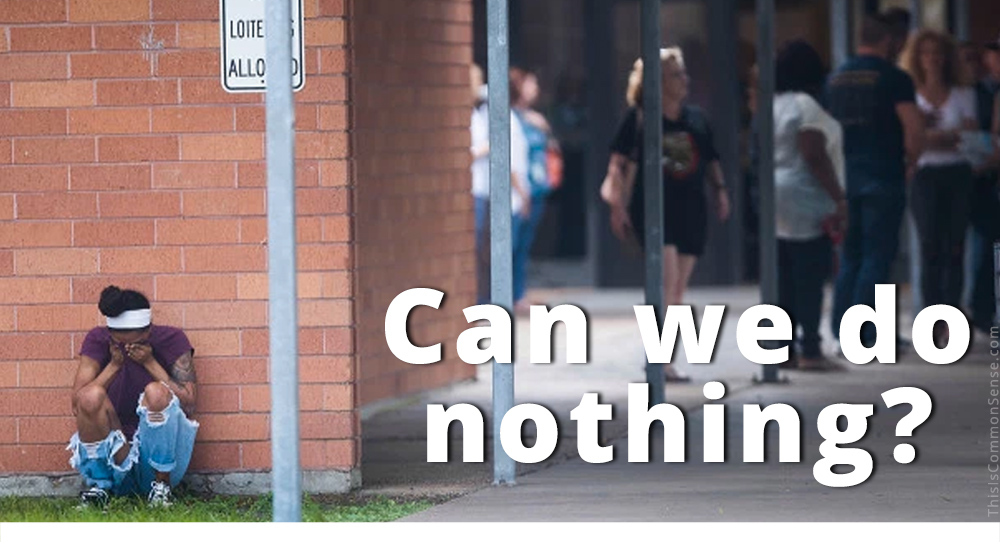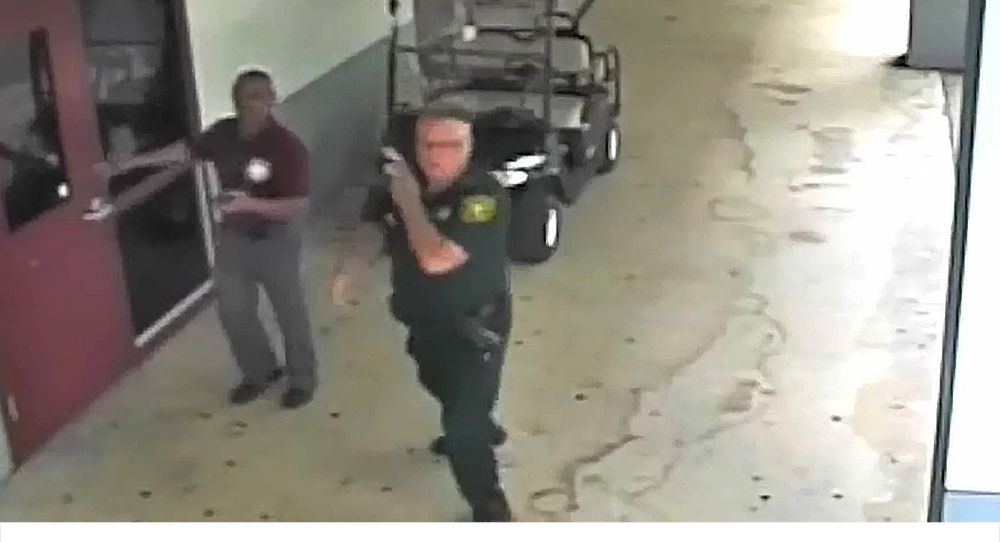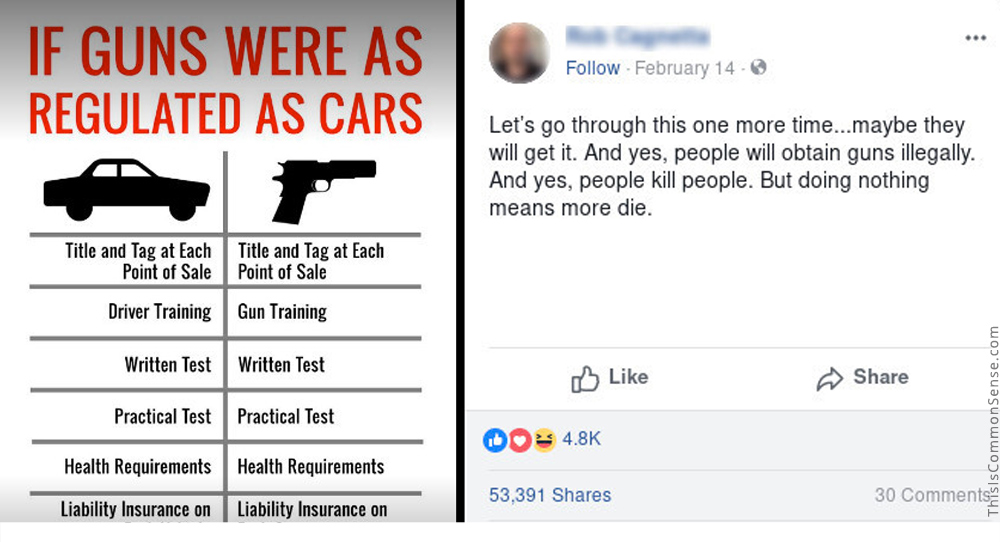“Strip away the absurdity,” writes Scott Shackford at Reason, “and it’s essentially a very technical ruling.”
Shackford is explaining a bizarre recent judgment of the California Supreme Court.
Politicians in Sacramento had, years ago, passed a gun control measure requiring gun manufacturers to “implement microstamping technology that would imprint identifying information on bullets as they were shot from semi-automatic weapons.” In 2014, Smith & Wesson announced that it would pull some guns from the California market rather than comply. Why? The technology just wasn’t ready yet.*
Since California’s Civil Code contains a section reiterating an old commonsense principle to the effect that the “law never requires impossibilities,” the National Shooting Sports Foundation sued to block the law.
But the group just lost.
The Court did say it could protect citizens from punishment, but it refused to nullify the legislation on constitutional grounds.
Unanimously.
Why do this? Apparently to protect California politicians in their ongoing social engineering schemes.
The dollar costs of trying to comply with impossible demands are huge, of course. But the biggest costs may be more subtle.
In moral philosophy, it is a truism to say that “ought implies can.” In natural law as understood long ago, an impossible law was thought not a law at all, justifiably ignored by anyone and everyone.
In a just state, flouting of maddening regulations like California’s would lead not merely to the defense of the absurdly put-upon citizen — as this court ruling still allows — but also to the nixing of the “impossible” law.
This is Common Sense. I’m Paul Jacob.
* Shackford notes that “a cynic might theorize that this is the law’s actual intent.” I wouldn’t limit that suspicion to folks given to cynicism. Pragmatists and political scientists and almost anyone else would be placing bets on that, too.











